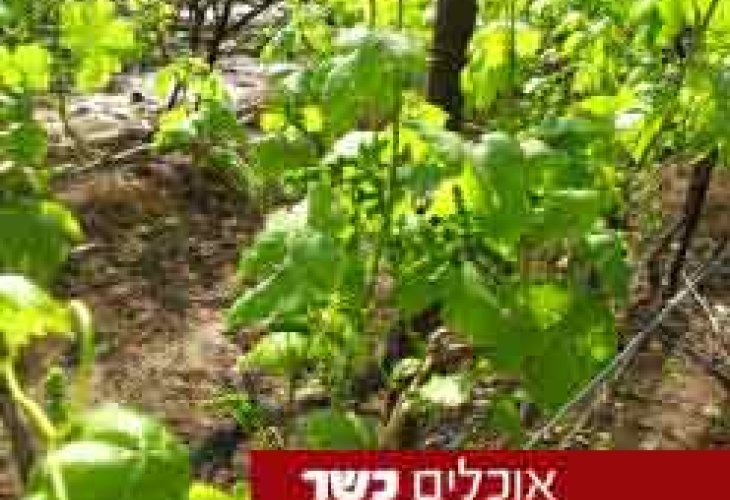When and Where Are Orlah Restrictions Applicable
Understanding Orlah laws across different regions: Are Eilat and Yotvata considered part of Israel regarding agricultural commandments?

א. According to halacha, even though today not all Jews are gathered and living in the Land of Israel, and therefore the obligation to separate tithes (terumot and ma'asrot) in our time is only rabbinically ordained rather than biblically required, nevertheless the obligation of Orlah even in our time is biblically mandated. The Land of Israel regarding Orlah includes all territories that were conquered either by those who came up from Egypt or by those who returned from Babylon. Some authorities maintain that in territories conquered only by those who came up from Egypt but not by those who returned from Babylon, Orlah in our time is only required by rabbinic decree and not by biblical law.
ב. In practice, one should not be lenient in any area of the Land of Israel today, including the northern border. The exception is the city of Eilat and its surroundings (the settlements of Keturah, Grofit, Yotvata, Samar, Elifaz, and Hevel Eilot) located on Israel's southern border, which are considered completely outside the Land of Israel for all matters of land-related commandments, including Orlah laws which apply there only as a law given to Moses at Sinai (and cases of doubtful Orlah there are ruled leniently, as will be explained below).
ג. Although outside the Land of Israel there are land-dependent commandments that do not apply at all, such as the separation of tithes, nevertheless, the laws of Orlah do apply outside the Land of Israel as well, and this rule is a "law given to Moses at Sinai."
ד. "Doubtful Orlah" refers to cases such as uncertainty about whether a particular tree is still within its Orlah years or has passed them, or when one is near an orchard and doesn't know whether the trees have passed their Orlah years. Any such doubt is ruled stringently for produce grown in the Land of Israel, meaning doubtful Orlah is forbidden. Conversely, outside the Land of Israel, it is permitted. Therefore, outside Israel, even if one knows that a non-Jew grows fruits that are still in their Orlah years, and the non-Jew went to the field and returned with fruits (and the Jew did not witness the actual picking), the fruits are permitted for consumption, since doubtful Orlah outside the Land of Israel is ruled leniently. This rule applies to all types of doubts, both doubts in law (such as whether a certain type of tree is considered a fruit tree or a vegetable) and doubts in fact (such as uncertainty about whether a tree has passed its Orlah years).
ה. The laws of Orlah apply also to fruit trees belonging to non-Jews, both in the Land of Israel and outside it. Nevertheless, in cases of doubtful Orlah involving a non-Jew, some authorities have written that one may be lenient.

